Swedish telecoms firm Ericsson announced a fresh patent licensing agreement with Apple on Monday, finally resolving a year-long legal fight between the two companies.
Ericsson didn't identify the exact terms of the deal, but the company's revenue from intellectual property in 2015 — including the new Apple deal — is expected to reach between 13 to 14 billion crowns, or $1.52 billion to $1.64 billion, Reuters reported. That's an increase from 9.9 billion crowns last year.
An investment bank, ABG Sundal Collier, estimated that Apple is being charged 0.5 percent of the revenue from iPhones and iPads. Since the company pulled in $32.2 billion in revenue from iPhones during the September quarter alone, that could translate into hundreds of millions of dollars per year.
Ericsson's chief intellectual property officer, Kasim Alfalahi, said that the licenses covered 2G, 3G, and LTE cellular connections.
"It means we can continue to work with Apple in areas such as 5G radio network and optimization of the network," he commented to Reuters.
Apple initially sued Ericsson in January, claiming excessive royalties on some of Ericsson's LTE technology. The situation quickly escalated, with Ericsson unleashing lawsuits and U.S. International Trade Commission complaints. By May, Ericsson had opened several European lawsuits as well.
 Roger Fingas
Roger Fingas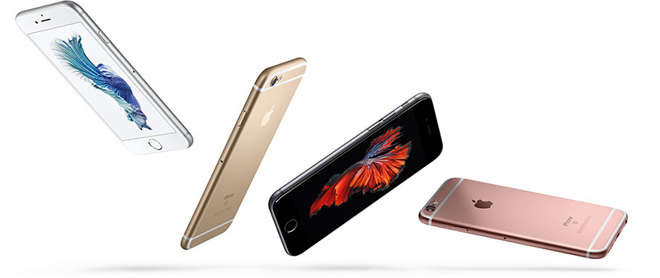



-xl-m.jpg)




 William Gallagher
William Gallagher
 Amber Neely
Amber Neely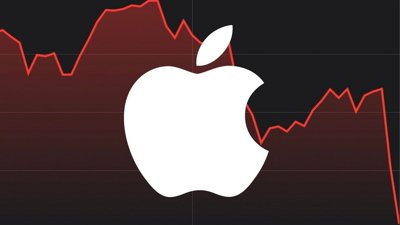
 Malcolm Owen
Malcolm Owen
 Andrew Orr
Andrew Orr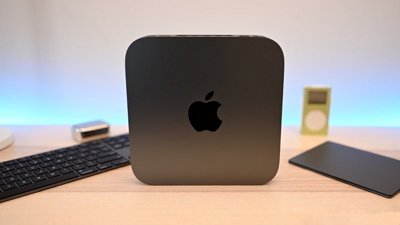
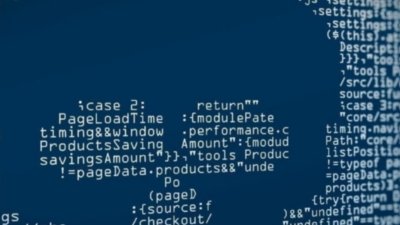
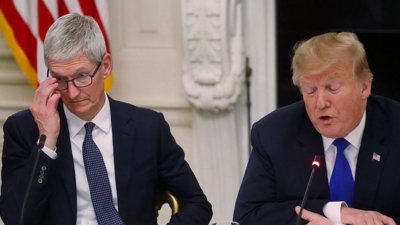
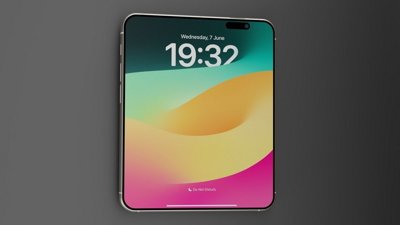


-m.jpg)






12 Comments
Probably something like $3 a unit, so $750M - $1B a year for Ericsson as a guesstimate. Both parties should be happy with the deal.
What stinks with these kinds of licensing deals is that you pay a percentage of the final price of the phone. If you make a cheap phone, you pay less than if you made an expensive phone.
Used car deals for electronics.
How do we know the royalty is being applied to the retail price of the iPhone? It could be a fixed amount on the baseband chip that just HAPPENS to be 0.5% (or similar) of the retail price of an iPhone. It doesn't mean that's how they are calculating it.
Regardless, it's fair to say Apple won this round. It was Apple who first Ericsson sued over high royalty rates, and if they didn't get a good deal then they would just continue with the court case.